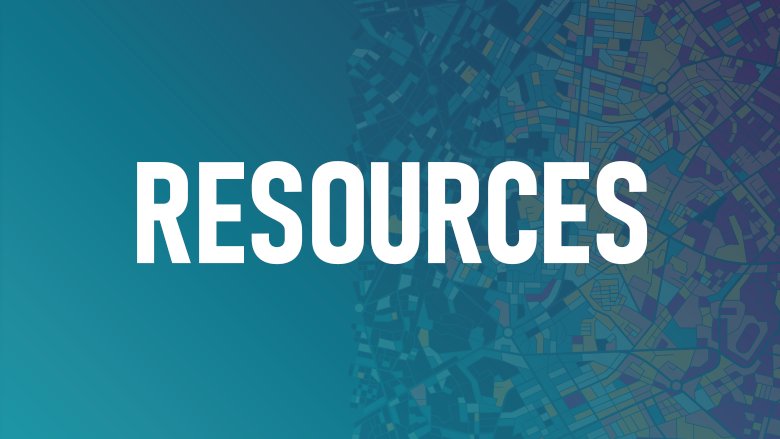Cities and Climate Change
Resources
Mitigation
-
Solid Waste Management
Around the world, waste generation rates are rising. Since 2000, the World Bank has committed over $4.7 billion to more than 340 solid waste management programs in all six regions of World Bank engagement.
-
What a Waste 2.0
What a Waste 2.0: A Global Snapshot of Solid Waste Management to 2050 includes global, regional, and urban trends on solid waste management from technical and operational trends to environmental and social impacts.
-
Clean and Low-Carbon Cities: the Relationship Between the Solid Waste Management Sector and Greenhouse Gases
This short briefing note provides a quick summary on the relationship between municipal solid waste and GHGs, and a path for curbing emissions from waste.
-
More Growth, Less Garbage
More growth, less garbage presents an updated picture of how waste generation can grow if the world continues along the current trajectory and how to consider changing that path toward lower waste levels. Waste generation is estimated to grow from 2.24 billion tons in 2020 to 3.88 billion tons in 2050.
-
Bridging the Gap in Solid Waste Management : Governance Requirements for Results
This paper discusses good practices for the governance of the solid waste management sector in a context of pressing need. The document is organized along seven chapters. Together, these chapters aim to give practical guidance on waste management governance to national and local authorities as well as practitioners.
Adaptation
-
A Catalogue of Nature-Based Solutions for Urban Resilience
Cities are facing resilience challenges as climate risks interact with urbanization, loss of biodiversity and ecosystem services, poverty, and rising socioeconomic inequality. The catalogue of Nature-based solutions for urban resilience has been developed as a guidance document to support the growing demand for NBS by enabling an initial identification of potential investments in nature-based solutions.
-
Primer for Cool Cities : Reducing Excessive Urban Heat with a Focus on Passive Measures
Cities are getting hotter as a result of growing urbanization and global climate change. The negative impacts of temperature increases are significant and touch nearly every aspect of urban life.
-
eLearning Course on Passive Urban Cooling Solutions
This is a self-faced elearning course, presented as a series of four modules.
-
Integrating Climate Adaptation: a Toolkit for Urban Planners and Adaptation Practitioners
Sustainable urban planning policies, once in place, can mitigate climate risks for decades to come. This toolkit was developed with the goal of facilitating the inclusion of climate change adaptation principles into the practice of urban planning.
Enabling environment
-
City Planning Labs (CPL)
City Planning Labs (CPL) is a Technical Assistance program of the World Bank, which aims to enhance the technical and institutional capacity of municipal governments to produce, share, and utilize geospatial data for evidence-led urban planning.
-
A Review of Integrated Urban Planning Tools for Greenhouse Gas Mitigation
The objective of this report is to review the state of knowledge (science) and the state of practice (models actually used by cities for policy) for modeling the GHG mitigation benefits achievable through integrated urban planning across the four levers, with attention to the foundational Lever 1, CUD.
-
Transit-Oriented Development Implementation Resources and Tools
This toolkit provides a compendium of resources for Transit-Oriented Development stakeholders to navigate each phase of the TOD process: Assessing, Enabling, Planning and Design, Financing, and Implementing.
-
Primer on Urban Form and Greenhouse Gas Emissions
This knowledge note aims to summarize the relationships between urban form and greenhouse gas (GHG) emissions, for reference by practitioners and policymakers. It explores the ways in which various elements of urban form1 can impact the carbon intensity of urban growth.
Financing
-
Catalyzing Private Sector Investment in Climate Smart Cities
The objective of this report is to explore innovative financing instruments and approaches for catalyzing private sector financing to fill the climate-smart investment gap in cities.
-
Climate Investment Funds
The Climate Investment Funds (CIF) is an enabler of pioneering climate-smart planning and climate action in low and middle-income economies, many of which are the least prepared yet the most prone to the challenges of climate change. CIF responds to the worldwide climate crisis with large-scale, low-cost, and long-term financial solutions to support countries achieve their climate objectives.
-
Carbon Pricing Dashboard
The Carbon Pricing Dashboard is an interactive online platform that provides up-to-date information on existing and emerging carbon pricing initiatives around the world. It builds on the data and analyses of the annual State and Trends of Carbon Pricing report series.

















